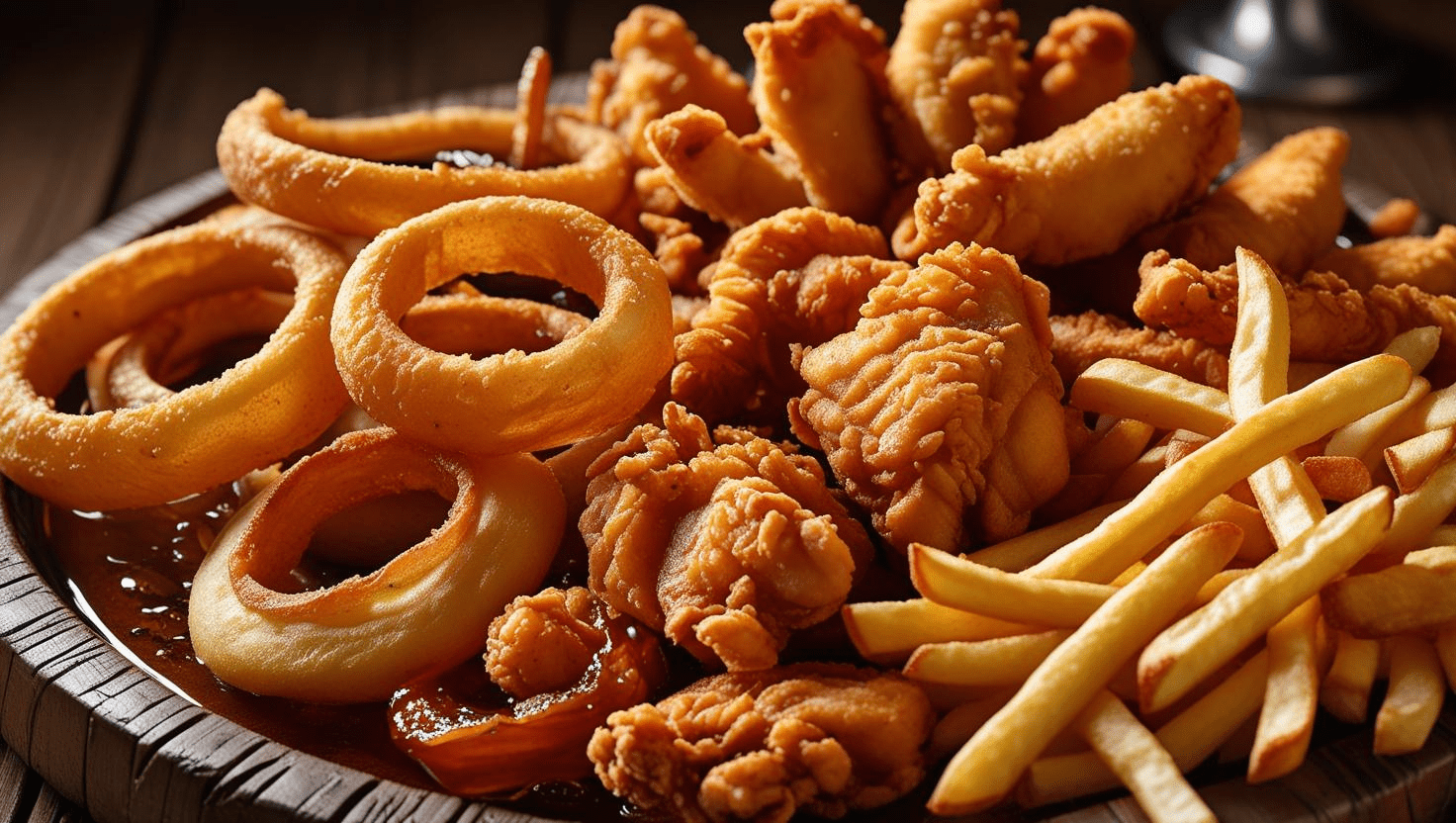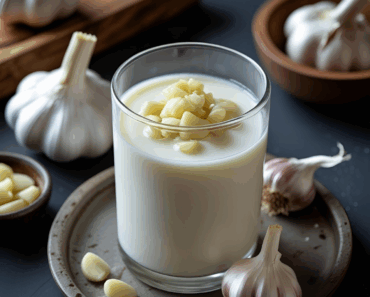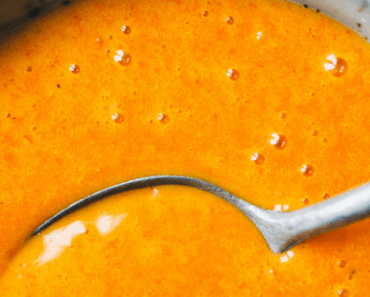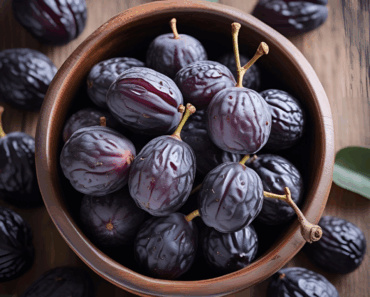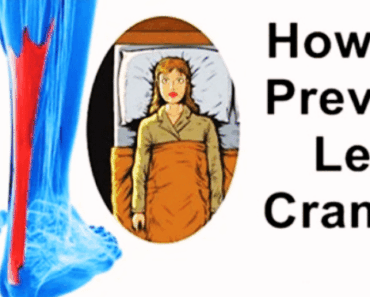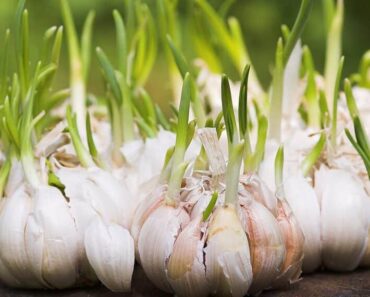Anxiety is a pervasive mental health concern affecting millions of people worldwide. While its roots are often psychological and biological, your everyday choices, including what you eat and how you live, can significantly impact anxiety symptoms. Emerging research highlights how certain foods and lifestyle habits can intensify anxious feelings, making it essential to pay close attention to both what’s on your plate and your daily routines. Below is an in-depth look at which foods and habits can make your anxiety worse—and practical steps for making healthier choices.
Foods That Can Worsen Anxiety
1. Caffeine
Caffeine is a stimulant found in coffee, energy drinks, tea, and many sodas. While it can provide a quick burst of energy, excessive caffeine intake (more than 400mg per day, about 4–5 cups of coffee) is linked with increased symptoms of anxiety such as nervousness, heart palpitations, and restlessness. For some people, even lower amounts can trigger anxiety, and those prone to panic attacks may be especially sensitive. Caffeine mimics a stress response in the body, causes poor sleep, and can contribute to a cycle of anxiety and insomnia123.
2. Alcohol
Although many people turn to alcohol for its initial calming effect, it can ultimately increase anxiety. Alcohol impacts neurotransmitter balance in the brain (especially serotonin), can disturb sleep, and often leads to withdrawal symptoms—each of which can intensify anxious feelings after the effects of alcohol wear off. Additionally, chronic or heavy drinking leads to depleted B vitamins and dehydration, both of which are associated with worsened anxiety456.
3. Added Sugars and Sugary Foods
A diet high in added sugars (table sugar, sweets, syrups, baked goods, candies) can lead to rapid spikes and crashes in blood sugar, resulting in mood swings and increased anxious feelings. Research shows a correlation between high intake of added sugars and greater levels of trait anxiety, particularly among younger adults. Consuming excessive sugar can also produce inflammation in the body, which is linked to changes in brain function and the gut—a key player in mood regulation78910.
4. Refined Carbohydrates
Refined carbs include foods such as white bread, pastries, crackers, many breakfast cereals, and sugary snacks. These foods are quickly digested and often devoid of fiber, causing blood sugar levels to spike and crash, mimicking the roller coaster of sugary foods. Such fluctuations can cause or exacerbate symptoms of anxiety, irritability, and overall mood instability451112.
5. Processed and Ultra-Processed Foods
Ultra-processed foods include packaged snacks, ready meals, instant noodles, many frozen dinners, processed meats (like deli meats or hot dogs), and sugary drinks. These foods often contain a mix of refined flour, unhealthy fats, preservatives, and artificial ingredients while lacking in fiber and nutrients. Several large studies and meta-analyses consistently show a direct association: the more ultra-processed food you eat, the higher the odds of experiencing anxiety and mood disturbances. This is believed to be due to their inflammation-promoting ingredients, negative impact on the gut microbiome, and poor nutritional profile necessary for optimal brain function135141516.
6. Fried and High-Fat Foods
Regular consumption of fried foods such as French fries, fried chicken, onion rings, and donuts is linked to higher anxiety and poor mental health. These foods are high in unhealthy fats and low in nutrients, contributing to inflammation in the body and disrupting the balance of gut flora, both tied to worsened anxiety1712.
7. Artificial Sweeteners and Additives
Artificial sweeteners (like aspartame, sucralose, saccharin) and certain food additives can interfere with neurotransmitter function and have been linked in some studies to increased anxiety symptoms. While research is still ongoing, it is recommended that those sensitive to anxiety minimize or avoid these ingredients11.
8. Certain Dairy Products and Gluten
Though not universal, some individuals find that dairy products (especially high-fat or highly processed types) and gluten worsen their anxiety. This is often seen in people with specific intolerances, allergies, or celiac disease. Inflammation resulting from these foods can indirectly affect mood and anxiety in susceptible individuals135.
Habits That Can Make Anxiety Worse
1. Sleep Deprivation
Consistently getting less than the recommended 7–9 hours of sleep disrupts emotional regulation and increases the likelihood of experiencing anxiety. Poor sleep can make coping with stress harder, create a vicious cycle of anxiety-induced insomnia, and impact overall resilience186.
2. High-Stress or Sedentary Lifestyle
Lack of physical activity is both a cause and effect of anxiety. Anxiety can lead to inactivity, but being physically inactive also limits your body’s ability to burn off stress hormones. Regular exercise has been consistently shown to reduce anxiety; therefore, a sedentary lifestyle makes anxiety harder to manage18.
3. Doom Scrolling and Excessive Media Consumption
“Doom scrolling” refers to endlessly consuming negative news and social media content. This habit bombards your mind with worrisome information, heightening anxiety, reinforcing negative thought patterns, and making it hard to disengage from an anxious mindset19.
4. Overuse of Stimulant Drugs
Beyond caffeine, stimulant drugs (including certain legal prescriptions and illegal substances) can mimic and intensify anxiety symptoms. They stimulate the nervous system and, in many cases, can worsen anxiety both during use and in withdrawal186.
5. Skipping Meals or Poor Eating Patterns
Erratic eating habits—skipping meals, restricting calories, or going for long stretches without food—cause low blood sugar, which can mimic anxiety symptoms (like shakiness and irritability). Stable energy intake is crucial for balanced mood; those susceptible to anxiety should prioritize regular, balanced meals511.
6. Inadequate Nutrition
A diet that is deficient in key nutrients, especially omega-3 fatty acids, B vitamins, magnesium, and fiber (often due to reliance on processed foods and lack of fruits, vegetables, and whole grains), can make it harder for your body to maintain healthy brain function and emotional stability20.
What You Can Do Instead
Opt for:
-
Whole foods: Prioritize fruits, vegetables, whole grains, legumes, nuts, and seeds to encourage better gut health and support stable mood.
-
Lean proteins and fish: Particularly oily fish (salmon, mackerel, sardines), which are rich in omega-3 fatty acids proven to have anti-anxiety effects.
-
Hydration: Water or herbal, non-caffeinated teas support the nervous system and help manage stress.
-
Low-caffeine alternatives: Try herbal tea or decaffeinated beverages if you’re sensitive to caffeine’s effects.
Supportive Habits:
-
Get regular exercise: Even light aerobic exercise like walking or yoga can significantly reduce anxiety symptoms.
-
Sleep hygiene: Set a regular bedtime routine, reduce screen time before bed, and create a restful environment.
-
Mindfulness and relaxation: Techniques such as deep breathing, meditation, and journaling can help calm a racing mind.
-
Limit screen time and media consumption: Take breaks from electronic devices and consciously consume uplifting or neutral content to reduce unnecessary stressors19.
Conclusion
The relationship between diet, habits, and anxiety underscores the importance of a holistic approach to mental wellness. While no single food or habit is solely responsible for causing anxiety, a cumulative pattern of certain choices—especially high intake of caffeine, sugar, alcohol, processed foods, and negative lifestyle habits—can significantly exacerbate anxious feelings. By identifying and minimizing these triggers and building healthier routines, you can greatly improve anxiety management and overall mental well-being13451142151920.
- https://pmc.ncbi.nlm.nih.gov/articles/PMC10867825/
- https://www.health.com/condition/anxiety/how-coffee-increases-anxiety
- https://www.healthline.com/health/caffeine-and-anxiety
- https://www.healthline.com/health/mental-health/surprising-foods-trigger-anxiety
- https://www.parkinsonsresource.org/news/articles/10-of-the-worst-foods-and-drinks-for-anxiety/
- https://acrossboundaries.ca/habits-that-could-be-triggering-your-anxiety-and-depression/
- https://cerebral.com/blog/the-best-and-worst-foods-for-anxiety
- https://pmc.ncbi.nlm.nih.gov/articles/PMC8147234/
- https://www.frontiersin.org/journals/nutrition/articles/10.3389/fnut.2024.1472612/full
- https://www.healthline.com/health/mental-health/how-sugar-harms-mental-health
- https://www.choosingtherapy.com/foods-that-cause-anxiety/
- https://continentalhospitals.com/blog/foods-to-avoid-if-you-have-anxiety-or-depression/
- https://www.webmd.com/depression/ss/slideshow-avoid-foods-anxiety-depression
- https://zoe.com/learn/ultra-processed-foods-mental-health
- https://pmc.ncbi.nlm.nih.gov/articles/PMC9268228/
- https://www.sciencedirect.com/science/article/abs/pii/S0271531724001568
- https://socalsunrise.com/foods-that-cause-anxiety/
- https://www.calmclinic.com/anxiety/destructive-habits
- https://thecounselingperch.com/anxiety-habits-that-make-anxiety-worse/
- https://www.mayoclinic.org/diseases-conditions/generalized-anxiety-disorder/expert-answers/coping-with-anxiety/faq-20057987

